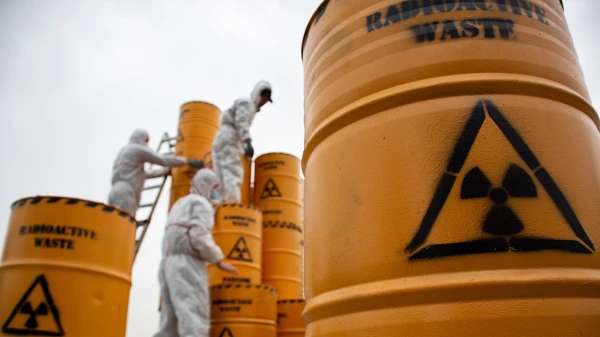
Rosatom considers "uranium tails" to be valuable raw materials.
Russia is resuming the import of spent fuel from France's nuclear power plants for the first time in three years, AFP reports, citing a statement from Greenpeace.
According to environmentalists, on Saturday, 10 containers of radioactive waste were loaded onto the ship "Mikhail Dudkin" at the port of Dunkirk in northern France, which will head to St. Petersburg. From there, the hazardous cargo is to be transported to the Rosatom plant in Seversk in the Tomsk region for further processing.
This concerns the so-called "uranium tails" — depleted uranium hexafluoride that remains after fuel production at nuclear power plants. Russia actively imported it in the 1990s and early 2000s, after which the then-head of Rosatom, Sergey Kiriyenko, halted this practice, citing environmental protests.
In 2019, the import of uranium waste to Russia resumed. Rosatom signed a contract for the supply of 12,000 tons of "tails" from Germany, which were to arrive by 2022. At the same time, a similar agreement was made with the French Electricite de France (EDF) for 600 million euros.
Rosatom considers "uranium tails" to be valuable raw materials that are processed into nuclear fuel. However, Greenpeace estimates that about 90% of secondary radioactive waste ultimately remains in Russia. Under the contract with EDF, France will receive back 10% of the "tails" sent to Russia in the form of new uranium fuel, which will be used at the Cruas nuclear power plant in the southeast of the country.
Sanctions over the war in Ukraine have not affected Russia's uranium trade with Europe. Such supplies are not illegal, but they are "immoral," said Pauline Bouaye, an official representative of Greenpeace in France, to AFP. "France must terminate contracts with Rosatom, the state company that occupied the Ukrainian nuclear power plant in Zaporizhzhia," she added.
In total, more than 2 million tons of depleted uranium hexafluoride, remaining as waste from nuclear power plants, have accumulated worldwide. Approximately 40% of this volume is stored in Russia, Greenpeace previously estimated.







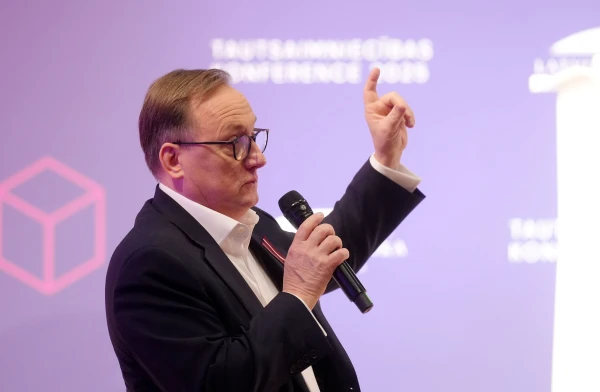
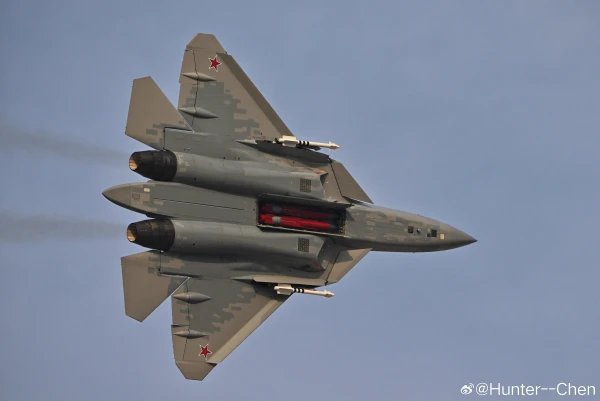


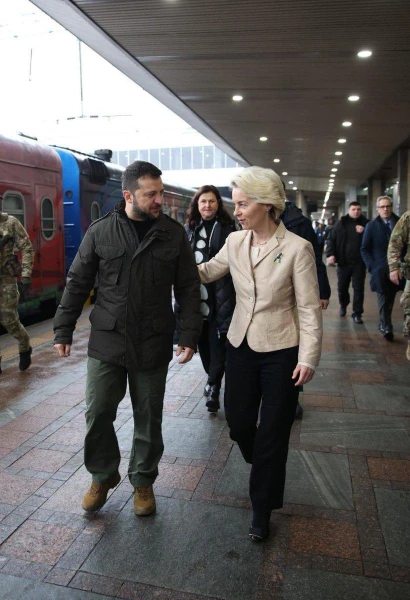

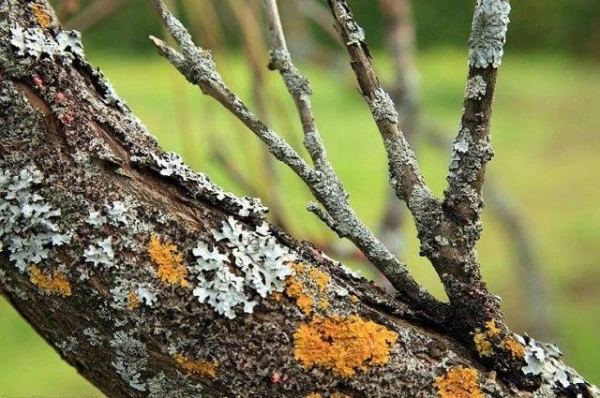

Leave a comment